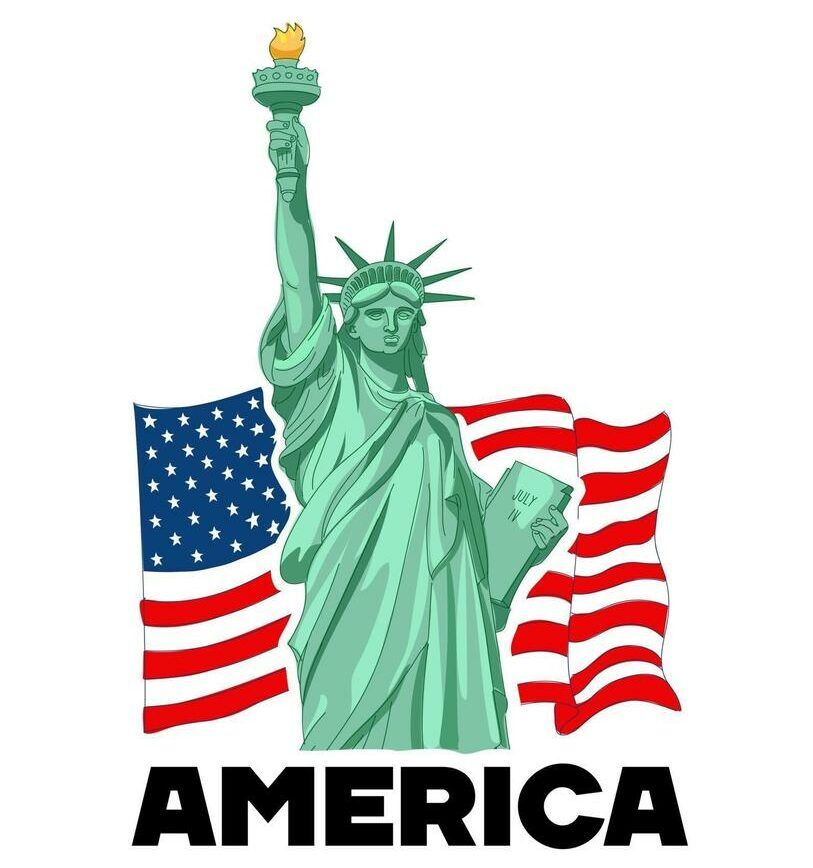Table of Contents
Introduction: Founding Fathers of America
In the annals of American history, the term “Founding Fathers of America” resonates with profound significance, encapsulating the visionaries who sculpted the destiny of a fledgling nation. These architects of a nascent republic, driven by a shared commitment to liberty and justice, laid the cornerstone of the United States. As we embark on a journey through their stories, it becomes evident that the Founding Fathers were more than political leaders; they were stewards of a revolutionary spirit that forged the very essence of the American identity. This exploration invites you to uncover the pivotal roles these individuals played, their collective contributions, and the lasting legacy they bequeathed to future generations.
Who Were the Founding Fathers?
The Founding Fathers were an extraordinary assembly of statesmen, intellectuals, and leaders who played instrumental roles in the birth of the United States. Among these luminaries, George Washington stands tall as the nation’s first president and the military commander who led the Continental Army to victory during the American Revolutionary War. Thomas Jefferson, hailed as the author of the Declaration of Independence, brought forth eloquent expressions of liberty and self-determination. The Founding Fathers also include figures like John Adams, Benjamin Franklin, Alexander Hamilton, James Madison, and John Jay, each contributing unique perspectives to the tapestry of the nation’s foundation.
These architects of a new government collectively drafted the United States Constitution in 1787, forming the bedrock of American governance. Their diverse expertise, from diplomatic acumen to military leadership and constitutional insight, complemented each other, creating a dynamic framework for the nascent republic. The Founding Fathers were bound not only by their commitment to independence but also by their shared vision of a democratic society grounded in principles of representation and individual rights.
Role in the American Revolution
The Founding Fathers were not only architects of a new government but also resilient leaders who played pivotal roles during the American Revolutionary War (1775–1783). George Washington’s military prowess and steadfast leadership were fundamental to the success of the Continental Army. His strategic acumen and ability to inspire troops were pivotal during key battles such as the crossing of the Delaware and the Siege of Yorktown. Washington’s dedication to the cause earned him the title of the “Father of His Country.”
Simultaneously, Thomas Jefferson’s influence extended beyond the battlefield. His articulate expression of revolutionary ideals in the Declaration of Independence became a beacon for those advocating for independence. Other Founding Fathers, such as John Adams, played critical roles in diplomatic efforts to secure support for the American cause. The resilience and strategic thinking of these leaders were instrumental in overcoming formidable challenges, leading to the birth of a new nation.
Legacy and Impact
The legacy of the Founding Fathers extends far beyond their roles in the American Revolution and the drafting of the Constitution. Their vision for a democratic republic has endured through centuries, shaping the very fabric of American society. George Washington’s precedent-setting presidency set the tone for the nation’s highest office, emphasizing leadership with a commitment to public service and the greater good. Thomas Jefferson’s ideals of individual rights and limited government continue to echo in the principles that underpin the American political system.
The enduring impact of these visionaries is evident in the stability and adaptability of the U.S. Constitution. The document they crafted has weathered the test of time, serving as a model for democracies worldwide. The Federalist Papers, written by Alexander Hamilton, James Madison, and John Jay, remain seminal texts in the understanding of the Constitution’s intent. The Founding Fathers’ emphasis on the separation of powers and checks and balances has been a cornerstone in maintaining the delicate equilibrium of American governance.
Who were the Founding Fathers of America?
The term “Founding Fathers” encompasses a diverse group of individuals who played pivotal roles in the formation of the United States. While the list is extensive, key figures stand out prominently. George Washington, the nation’s first president and military commander during the Revolutionary War, is often regarded as the foremost Founding Father. His leadership and commitment to the ideals of the Revolution earned him the admiration of his contemporaries.
Thomas Jefferson, the principal author of the Declaration of Independence, is another central figure. His eloquent expression of the inalienable rights of individuals has become a cornerstone of American political philosophy. John Adams, a staunch advocate for independence and the second president of the United States, contributed significantly to the nation’s early diplomatic efforts.
Alexander Hamilton, a key figure in the Federalist movement, was instrumental in the economic development of the United States and the formation of the nation’s financial system. James Madison, known as the “Father of the Constitution,” played a crucial role in the drafting of the Constitution and the Bill of Rights. John Jay, a co-author of the Federalist Papers, served as the first Chief Justice of the United States.
For More Information About the Founding Fathers of the USA – See This Link…
Founding Fathers of the United States – Wikipedia

